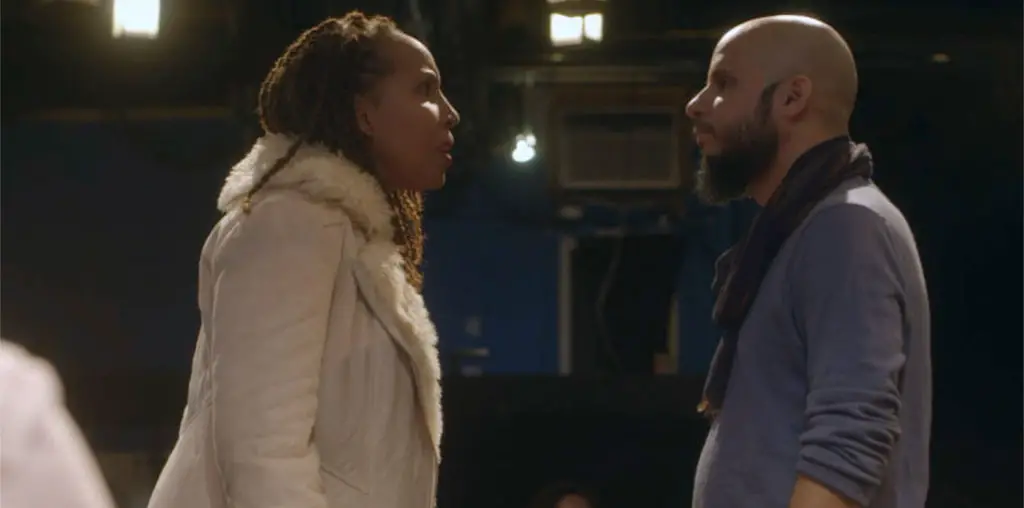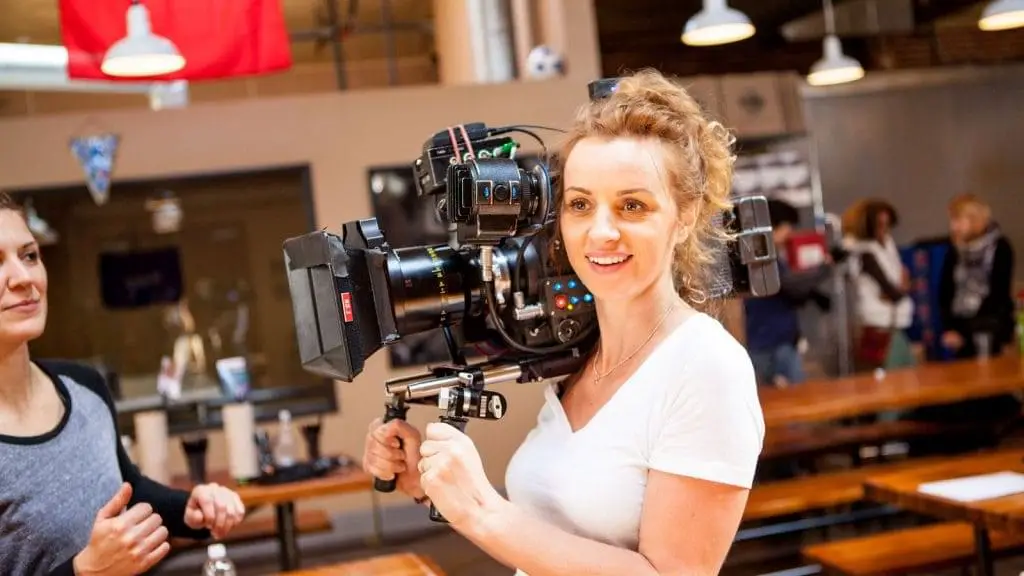
Imagine a film made up almost entirely of interviews with the heads of the C.I.A. for the last half-century and you’ll have some idea of the forceful power of Dror Moreh’s stunning The Gatekeepers, a film nominated for the Oscar for Best Documentary in advance of its premiere at the 2013 Sundance Film Festival. With striking honesty, the heads of Israel’s Shin Bet, the organization that protects the country from attacks foreign and domestic, speak of changes in the country over the last fifty years, the cyclical nature of the violence in that part of the world, and even the idea that they may have contributed to the continuation of it as much as stopped it. One walks away from The Gatekeepers both flabbergasted by the honest look into the decision-making in Israel and convinced that the leaders of Shin Bet often have to make choices between two evils.
Moreh was reportedly inspired to make The Gatekeepers after seeing Errol Morris’s brilliant The Fog of War, in which Robert McNamara looked back on the impact of his decisions on modern warfare. The director approached five former and (at the time of shooting) one current head of Shin Bet and while the men are reticent to discuss some subject matters (they each seem to get most quiet during the controversial decisions that often led to each of their individual retirements), they open up in breathtaking ways about the big issues and shed light not just on Israel’s attempts to maintain peace but the world’s. Moreh clearly took an important lesson from his admiration of Morris in that it’s the interviews that matter most of all. He asks just the right questions, never prodding these understandably private men too far but getting what he needs.
After obtaining the degree of honesty in his interviews that must have startled even Moreh, he took the footage and assembled it into a very Morris-esque journey (complete with stellar, 3-D recreations) through a half-century of Middle Eastern violence as partitioned into seven segments. Each segment generally follows one Shin Bet head but they also perfectly illustrate changing times in the country from the emergence of the organization altogether to the Oslo Accords to the assassination of Yitzhak Rabin to the growth of Hamas and much more along the way.
If there’s a theme to the interviews in The Gatekeepers, it’s a common one in films about the Middle East but it hasn’t been this well-presented in some time – there are no easy decisions. The film opens with the current head of Shin Bet speaking about risk-taking when a potential target is in sight. There’s no time for second guessing. It may be the wrong guy. There may be collateral damage. But the decision needs to be made in the blink of an eye. And decisions that have a longer time window are no easier. Kill the terrorist who may commit violence and risk turning him into a martyr, which actually produces more violence in the end.
The Gatekeepers comes after dozens of films about the always turbulent state of violence in Israel, however, none have had this degree of information and, more importantly, reflection from the people not only on the frontlines but making the decisions that led to their existence.

